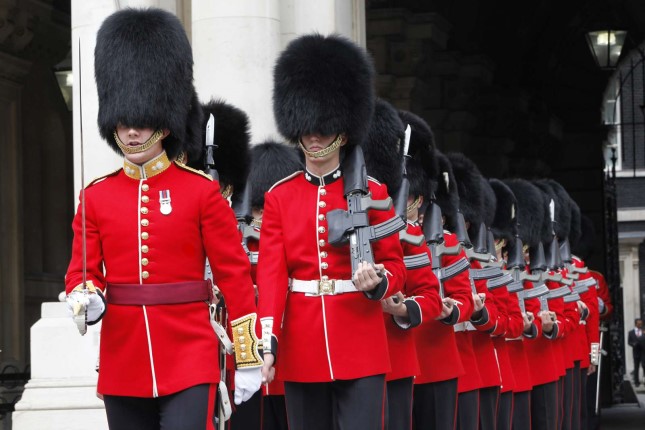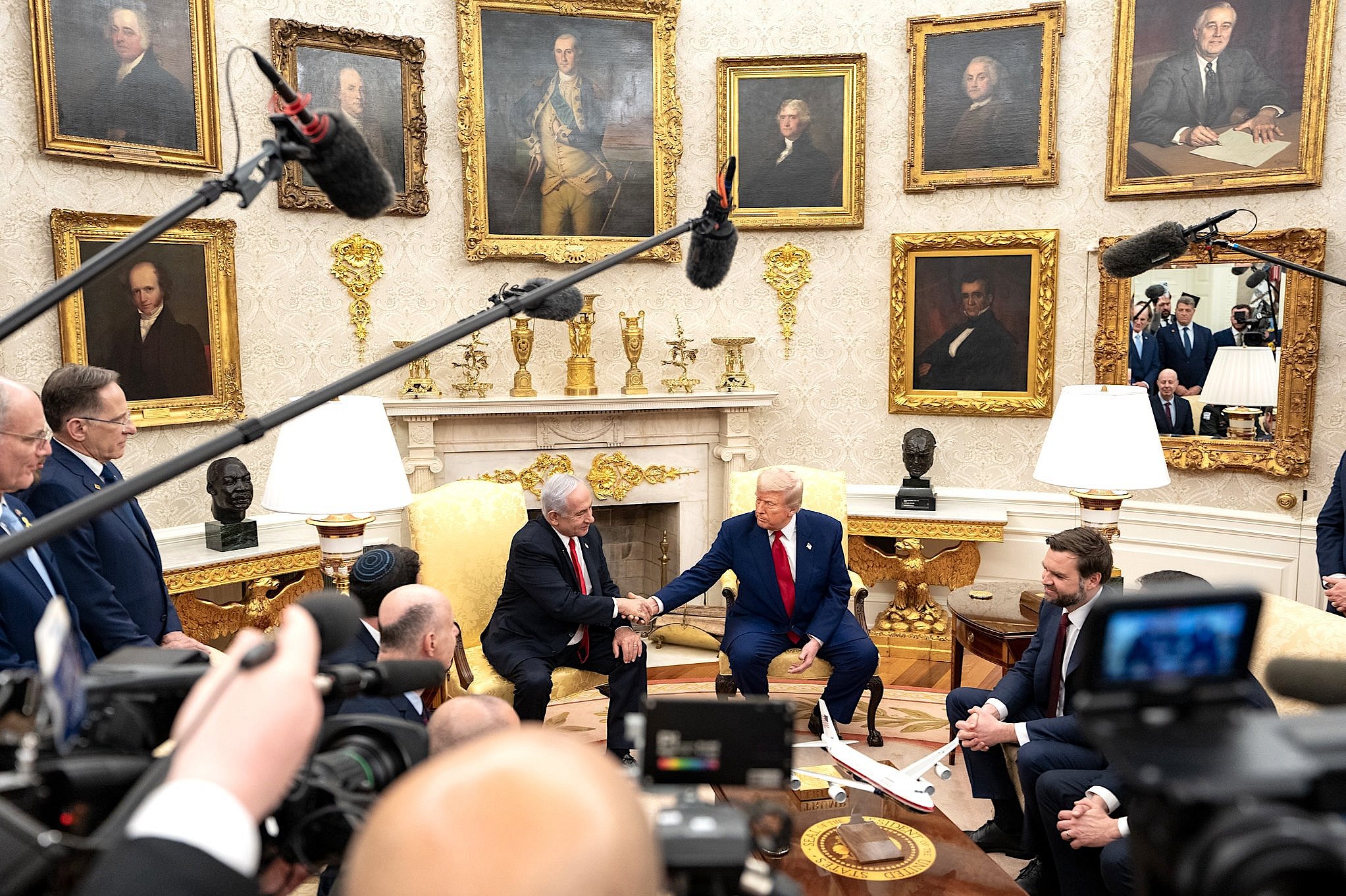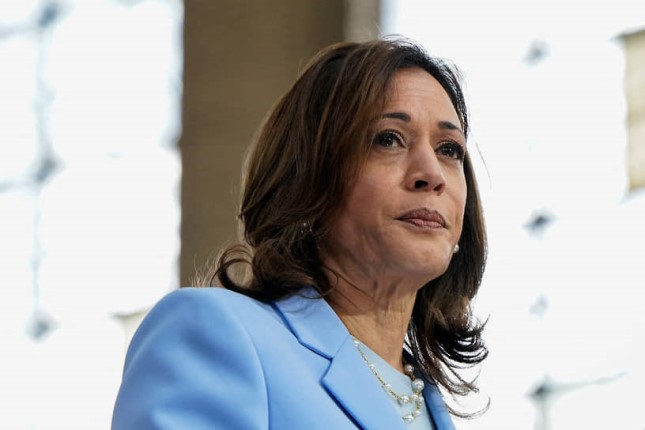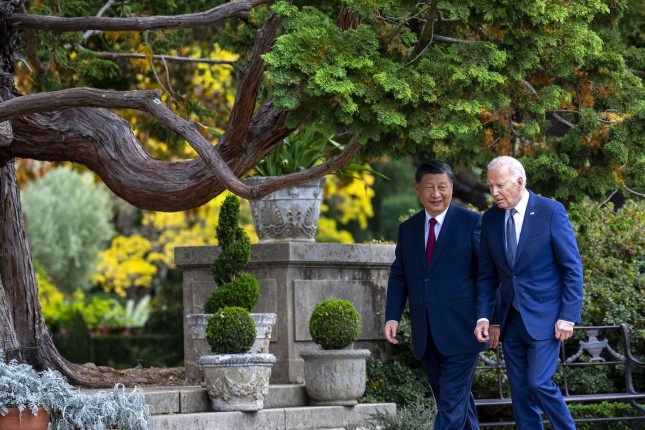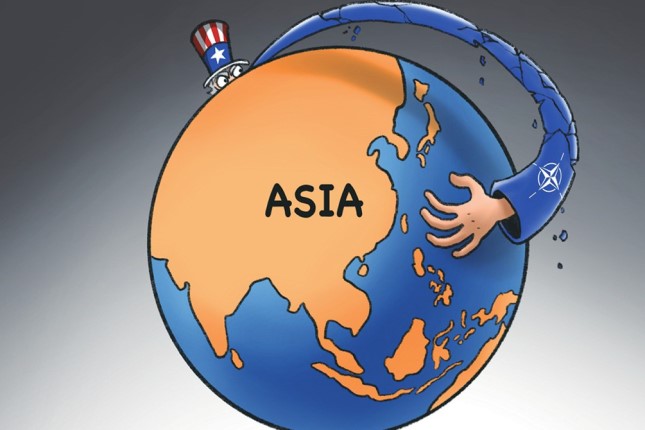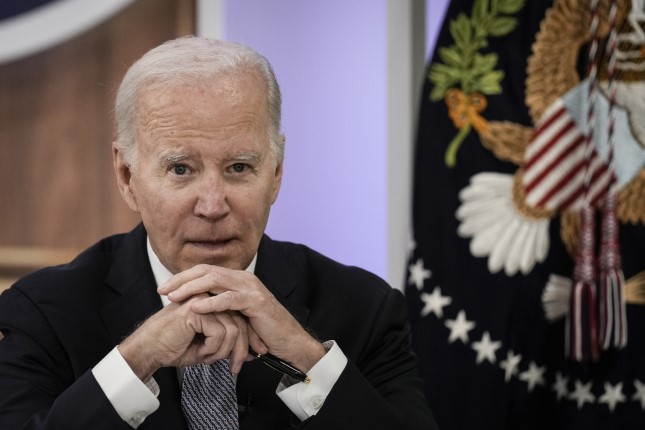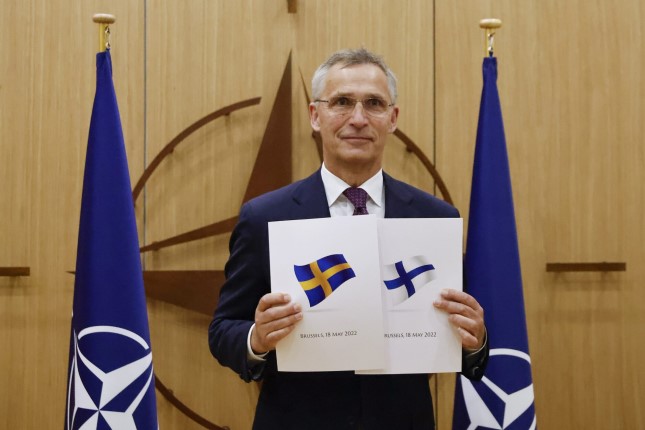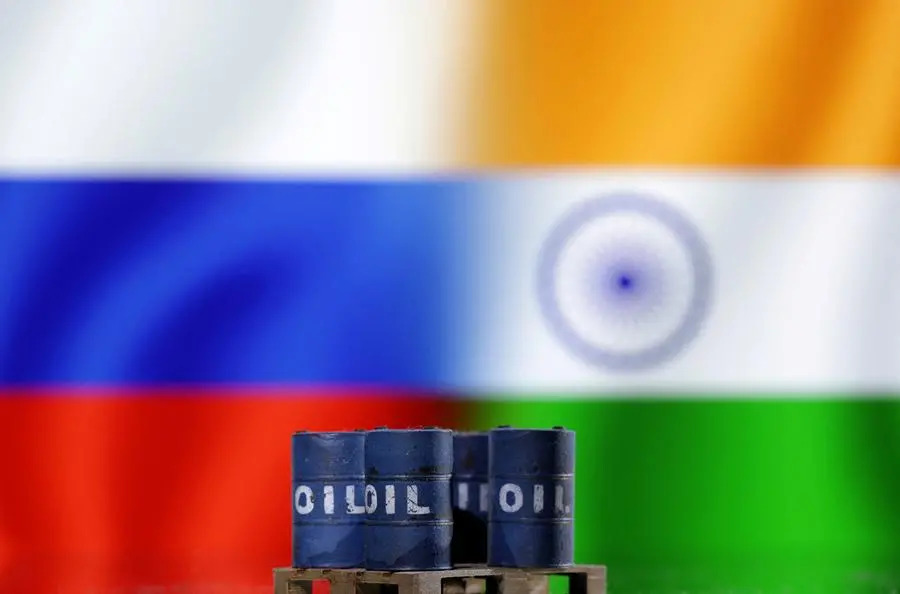The global media tends to describe Turkey's elections in a fairly uniform way. Articles like "Erdoğan has wrecked Turkey's economy - so what next?" are rather repetitive: They talk about how Ankara failed to maintain the lira's exchange rate and how its monetary policy brought on the galloping inflation of the past year. But they also fail to provide any data on the dynamics of the Turkish GDP under Erdoğan.
But let us try to correct that shortcoming. After all, there is no way to assess the economic consequences of a leader's departure from power unless we first know the consequences of his rise to power.
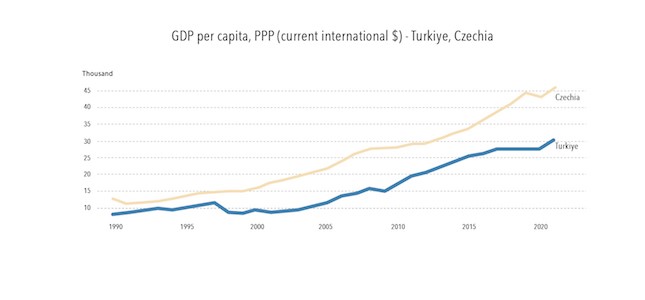
Photo: A comparison of the Turkish and Czech GDPs per capita. Clearly, since Erdoğan came to power, the Turkish economy has dramatically picked up the pace, and today the gap in GDP per capita between Turkey and the Czech Republic (an EU member state) has dropped from more than two to one and a half times.
From the time Erdoğan came to power in 2003 to January 1, 2022, Turkey's GDP grew 3.35 times. None of the neighboring countries performed better over the same period. In 2003, Iraq, for example, was on par with Turkey, while the Greeks were 2.5 times ahead in terms of per capita GDP. Today, the Turks have practically caught up with the Greeks, Iraq and Syria are several times behind, and Bulgaria lags as well – not to mention Armenia and Azerbaijan.
So, Turkey is developing quite well compared to its neighbors. And its GDP growth rate has outperformed them over time as well. In 2020, when everyone else was in recession, the Turkish GDP grew by 1.9%, in 2021 growth reached a fabulous 11.4%, and in 2022 – 5.6%, radically better than most countries in the world.
Why is the Turkish economy growing so fast under Erdoğan?
When it comes to macroeconomics, since 2003, Ankara has followed a very unorthodox policy of expanding the money supply "at all costs." This was initiated not so much by professional economists as by Erdoğan himself. While in 2019 and earlier he wanted to keep the discount rate not much lower than inflation, since 2021 he has in fact been keeping it much lower. But this practice leads to dramatic price increases, seriously damaging his image as a politician. Apparently, the Turkish head of state is willing to take this hit, with the conviction that economic growth is more important than low inflation.
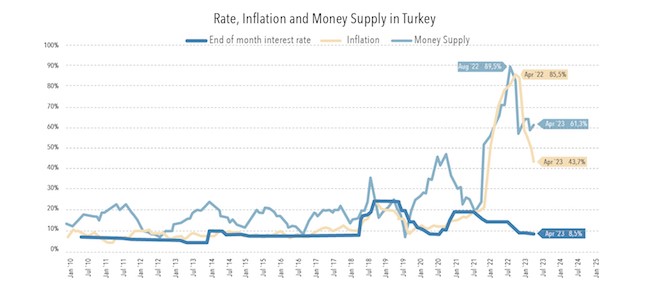
However, apart from monetary factors, Erdoğan's geopolitical pragmatism remains a serious supporting factor for the Turkish economy as well. Turkey is a member of NATO, but its nuclear power plant was built not by France, but by Russia, which did it for many times cheaper than the French made the reactor that was recently put into operation in Finland.
Another example of Ankara's energy pragmatism: While EU countries refused to sign long-term gas contracts in 2021 on the grounds that they plan to find other energy sources in the near future, Turkey did not decline such agreements. The result is that while Europeans were buying gas at costly rates in 2021-2022, Turkey was doing so for much less.
Turkey has shown the same pragmatism on its grain deal with Russia and on trade with Syria, despite the conflict with Damascus over the Turkmen parts of Syria. Undoubtedly, this has seriously reduced the level of price increases in the Turkish economy over the past couple of years. Without such political pragmatism, inflation might have exceeded 100% per year and killed Erdoğan's re-election prospects.
What will happen when he does leave power?
The most likely outcome of the Turkish elections has now been realized – an Erdoğan victory with a slight advantage in the second round. This means that Ankara will continue to develop its previous plans – for example, to become a hub reselling Russian gas to Europe at an even higher markup than before. Turkish authorities have already indicated that after the completion of the powerful Akkuyu Nuclear Power Plant (4.8 GW), they are planning to build another in Sinop, also relying on Rosatom, a Russia state nuclear corporation. Turkey's comparatively rapid GDP growth over the last 20 years is likely to continue as well.
However, it is also important that Erdoğan is 69 this year, which means that someone will else be at the helm in Turkey in the 2030s. Thus, it would be useful to try to understand what direction Turkish politics will take after he is gone.
So far, Erdoğan has no obvious successors "among his own kin," which means that, given the current state of affairs, power will sooner or later go to an opposition figure like Kemal Kılıçdaroğlu. In that case, his successor will almost certainly adhere to the will of Washington.
Kılıçdaroğlu has stated unequivocally that he is against Turkey's "energy dependence" on Russia. Since this dependence is expressed in practice by the fact that it is 2-3 times cheaper for Turks to build NPPs than for Finns, and approximately as many times cheaper to sell gas, it is obvious that if opposition figures like him come to power, the construction of new reactors will stop and the project of a Russian gas hub in Turkey will be shut down. This would mean higher energy prices throughout the region, and therefore a drop in the nation's economic growth rate.
Neither Kılıçdaroğlu nor other opposition forces have made a single statement about their position on the money supply. Judging by this blank spot in his election program, Kılıçdaroğlu is simply not well-versed in macroeconomics. It should be expected that after Erdoğan leaves power the money supply in Turkey will stall, because growth does not happen without the government's active involvement.
In such a case, Ankara will return to the same track that the World Bank shows for its pre-Erdoğan era – stagnation, or even recession, following Washington's instructions in everything, as before 2003.
Such a scenario would leave a power vacuum in the region, and nature abhors a vacuum. It would be easier for Damascus to fight for full control over its territory. Azerbaijan would be able to continue its foreign policy of "consuming" Karabakh and ordering Armenia around. The Kurds of Syria and Iraq would be under less pressure from Ankara, and instructions from Washington would prevent the Turks from pressuring them. Consequently, the probability of terrorist attacks in the Kurdish part of Turkey would increase, which would further reduce its attractiveness as an investment destination.
Interestingly, while a change in power would hurt a neighbor like Russia in the short term – it would have a harder time exporting gas, nuclear reactors, and grain – Erdoğan's departure is actually in its medium- and long-term interest. Today's 80 million-strong Turkey, with an economy that is growing noticeably faster than that of Russia, is a big problem for Moscow. Turkey's weight in the global economy is already half that of Russia. If the economic dynamics of the last 10 years continue for another 40 years, their economies will equalize.
Consequently, projecting Russian influence on Syria and the Middle East as a whole would be extremely difficult, if not impossible. What makes this situation especially dangerous is that Turkey already has the strongest NATO army in Eurasia and the second strongest NATO army in the world overall after the United States. If the Turkish economy were on par with the Russian economy, Turkey's army could be on a par with the Russian army.
By contrast, a weak Turkey, a slowly growing client of Washington, would not be able to compete effectively with Moscow, neither in terms of military technology and equipment nor in terms of economic influence in the region.
The conclusion is that although Erdoğan won this time, in a strategic sense, the absence of a comparable successor means he will lose in the long run. Eventually he will have to leave office, and there will simply be no one to continue his policies.
And this will benefit all his neighbors who claim any kind of active political role in the region, from Greece and Cyprus to the Kurds, the Syrians, and the Russians. The only ones who are unlikely to benefit are the Turks themselves. Erdoğan's departure from power due to age or illness will almost certainly derail Turkey from its course of increasing weight in world affairs.




















